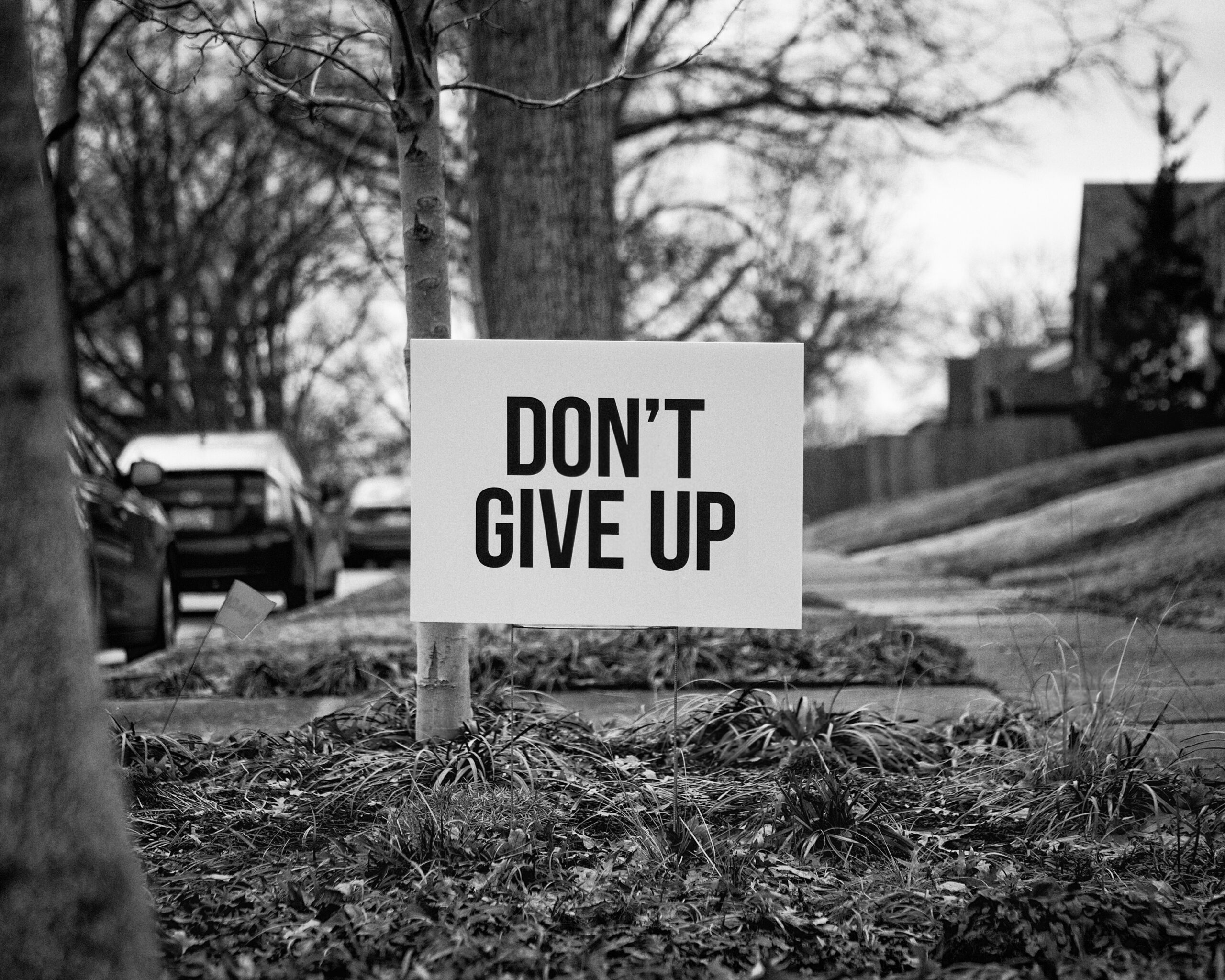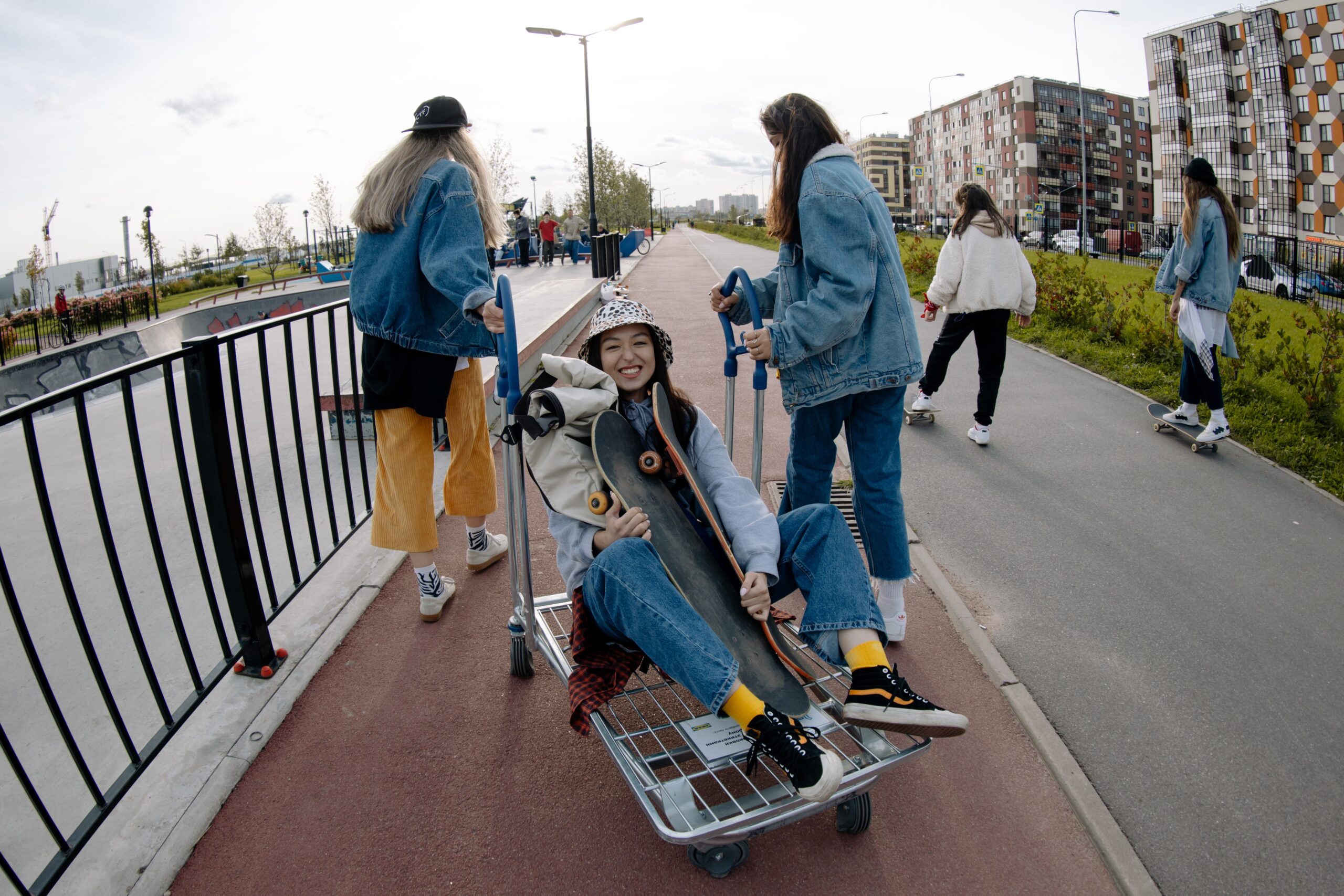
How to Bring Balance to Toxic Competition
By Tim Elmore
Have you noticed? Competition rules our day, especially for kids. Students experience constant competition with peers surrounding academic grades, indoor and outdoor sports, social media followers, video gaming, college scholarships, even friends. What’s more, we rank everything.
Today, everyone is either an adversary or an ally.
I should acknowledge that I’m a competitive person. Growing up, I played basketball and baseball and ran track. I entered art contests, student elections, and auditions. I always wanted to be the best at what I did, work or play. I recognize the good that competition can accomplish. Most of us would not push ourselves as much as we should if we weren’t competing with others. In many ways, it prepares Generation Z and the Alpha Generation for adulthood.
Today, however, is different. Competition is on steroids. We condition our kids to compete and rank themselves regularly. Journalist Katie Hurley writes in U.S. News and World Report:
“Kids today face toxic levels of competition. Overzealous corrections from the sidelines are one thing, but kids tell me that their parents pressure them to succeed at school, in social settings, on the playing field, in extracurricular activities and just about everywhere they go. The push to achieve is intense, and our kids are crumbling under the pressure.”
The Worst Part of Toxic Competition
What’s worse, competition is a second cousin to comparison. When we don’t win, we begin feeling jealousy, anger, and resentment. We become angry and cannot celebrate the success of others. After all, they are adversaries.
Dr. Carolyn Leaf is an M.D. who’s studied the role of emotions on our brain for the last decade. In her book, Who Switched Off My Brain, she writes: “There are only two kinds of emotions: love and fear. Out of the love branch comes emotions of joy, trust, caring, peace, contentment, patience, kindness, gentleness, etc. Fear-based emotions include bitterness, anger, hatred, rage, anxiety, guilt, shame, inadequacy, depression, confusion, etc.” She explains that when we feel love, it pushes out the feelings of fear, and vice versa. When we feel fear, it pushes away feelings of love. We begin to feel life isn’t fair and form negative sentiments toward others. Competition rules the day, and we spiral downward.
I believe there is a healthy balance we must strike.
Most of life is not meant to be adversarial to others. There are conflicts to be won, but we are meant for community. If you examine the data, competition is up and community is down. Our competitive style only adds to the mental health issues of our kids. I have observed that at least part of the stress students feel today is brought on by this incessant competition they feel all the time. We’ve got to get this right.
May I offer some initial ideas?
Stop adding parental pressure.
Adults have done a disservice to kids. I enjoyed loads of pick-up ball games growing up, but we’ve turned them into serious competitions that are supervised, coached, and judged. Games were once about play; now they’re about pressure. We need to let kids be kids, stop the armchair quarterbacking, and just say to them: “I love watching you play.”
Make space for at least one activity daily that’s free from competition.
As caring adults, why not plan non-competitive spaces as much as we do competitions? Let’s show Generation Z and the Alpha Generation that life is about more than combating each other. To foster community, plan for contest-free times to hang out, to encourage each other, and to model for kids that life is about collaborating and supporting each other in our stresses.
Do something for someone who normally you’d want to beat.
Why not help students identify someone they normally perceive as a threat or a competitor and do something to support or serve them? I recall doing this as a 12-year-old. My archrival in baseball was Billy Long, and I decided to give him an unexpected birthday gift. He was surprised, but it turned out to be a gift to me and my emotions more than it was for him.
Resist the urge to overstructure.
Part of the dilemma, according to Dr. Peter Gray at Boston College, is how rigidly adults have structured and prescribed the daily schedule of kids today. Free time allows them to figure life out and even cultivate relationships that might not have developed in a typical programmed day. Allow for free time each day and try not to supervise or entertain them. Let them do it.
Put connection before contests.
Never let competition fracture relationships. Competition divides people, triggers stress, and adds to those negative emotions that Dr. Carolyn Leaf talks about in her book. There is a balance. The rule of thumb I follow is to always put relationships before rules, people before policies, and connection before competition. Avoid what may divide friends and foes.
I love the example we see most of the time in professional sports. The NBA playoffs are going on as I write this. I love seeing Lebron James and Steph Curry hug each other after a hard-fought battle on the basketball court. You could tell they were exhausted after the competition, but it ended in the display of deep respect for each other. This is what we must model for our kids. Maybe they’ll become better adults than we have been when they graduate.






